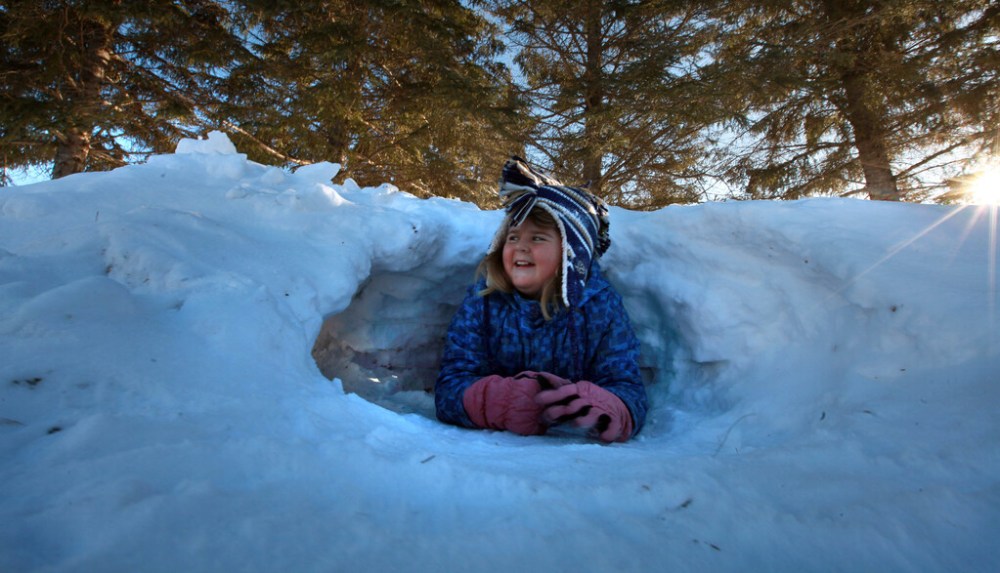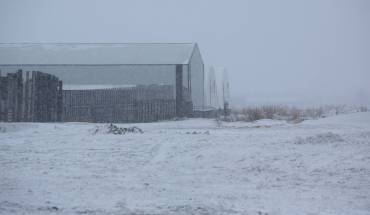Relax, kids: pandemic’s remote-learning lesson won’t kill snow days
Read this article for free:
or
Already have an account? Log in here »
To continue reading, please subscribe:
Monthly Digital Subscription
$0 for the first 4 weeks*
- Enjoy unlimited reading on winnipegfreepress.com
- Read the E-Edition, our digital replica newspaper
- Access News Break, our award-winning app
- Play interactive puzzles
*No charge for 4 weeks then price increases to the regular rate of $19.00 plus GST every four weeks. Offer available to new and qualified returning subscribers only. Cancel any time.
Monthly Digital Subscription
$4.75/week*
- Enjoy unlimited reading on winnipegfreepress.com
- Read the E-Edition, our digital replica newspaper
- Access News Break, our award-winning app
- Play interactive puzzles
*Billed as $19 plus GST every four weeks. Cancel any time.
To continue reading, please subscribe:
Add Free Press access to your Brandon Sun subscription for only an additional
$1 for the first 4 weeks*
*Your next subscription payment will increase by $1.00 and you will be charged $16.99 plus GST for four weeks. After four weeks, your payment will increase to $23.99 plus GST every four weeks.
Read unlimited articles for free today:
or
Already have an account? Log in here »
Hey there, time traveller!
This article was published 09/12/2021 (1461 days ago), so information in it may no longer be current.
A crash course in distance learning throughout the pandemic has opened up possibilities to shift to remote instruction during any school closures — but for now, storm days in Manitoba are here to stay.
Following 20 months of COVID-19 disruptions, teachers, students and parents have come to expect disruptions.
Superintendent Terry Osiowy has fielded questions from parents in Prairie Rose School Division about the prospect of continued instruction from afar when weather events prompt shutdowns.
Wintry conditions in the rural division — in which 2,300 students learn in and around the communities of Carman, Elie and St. Laurent — have already shuttered at least one school on three occasions in 2021-22.
During a typical academic year, area students lose four or five instructional days because of the weather. However, Osiowy said there were 12 storm-related closures during a particularly blustery year in recent memory.
“With the whole change in remote learning in the last couple of years, some people think that it’s an easy thing to do — but it really isn’t,” he said.
The division leader noted that when a COVID-19 cluster requires a school move to remote learning, classes are given about two days of notice to prepare. In contrast, snow days are called at about 6 a.m., before school buses are deployed to pick up students.
The Nov. 12 closure of Miami School sent cattle farmer Andre Steppler into a panic as he scrambled to figure out child-care accommodations. Steppler ended up taking his elementary school-age children to work for the day.
A single day of emergency distance learning may be positive for high schoolers who would be forced to learn independently, but he said it would not be feasible for his kids in Grades 2 and 4.
“The reality is that in rural Manitoba, we do not have good enough internet service for it,” Steppler said. “If you put a bunch of kids on a Zoom call or something like that, there’s nothing more frustrating than jumping in and out, freezing, kids not knowing how to use technology.”
High school teacher Michael Zwaagstra said limited internet access and storm outages in rural communities are only some of the logistical challenges to offering remote learning on short notice. Not all subjects can easily translate into distance learning, he said.
“Technology is a useful tool and we’ve certainly developed skills in that area, we just need to make sure we use them properly and be very careful about any one-size-fits-all solutions,” he said.
Whether or not they are in K-12 buildings, teachers are expected to do marking, preparation and other tasks during closures.
“There’s endless amounts of work to be done. If you’re not directly teaching a child on a snow day, you’re certainly putting in a lot of effort to teach that child when they return,” said James Bedford, president of the Manitoba Teachers’ Society.
In the Red River Valley School Division, administrators have discussed the feasibility of turning snow days — called when there is sudden inclement weather, or it is either -35 C or feels like -45 C with the wind chill — into remote instruction days.
Brad Curtis, who oversees the Morris-based division, said the last thing he wants to do is cause more stress for parents, students or staff who have faced continuous COVID-19 challenges.
“If there was a case where we go into a deep-freeze time and you could really predict it could be a cold for a week, that’s something we’d entertain,” said the superintendent, noting Red River Valley had planning time to distribute MiFi devices — wireless routers that act as mobile Wi-Fi hot spots — to 45 families last year so everyone could participate in remote learning.
As far as the executive director of the Manitoba Association of Parent Councils is concerned, much learning continues during snow days — be it while baking cookies or tobogganing.

For that reason, Brenda Brazeau is in favour of the status quo. Children have missed out on instruction time since March 2020, she said, “but they’ve also lost being able to just be a kid, and that’s important.”
Osiowy acknowledged, with a chuckle, that he has never received a complaint from a student about a storm day, though his preference would be to find a way to avoid them because instructional days are limited and closures mean numerous events are rescheduled or cancelled in Prairie Rose.
maggie.macintosh@freepress.mb.ca
Twitter: @macintoshmaggie

Maggie Macintosh reports on education for the Winnipeg Free Press. Funding for the Free Press education reporter comes from the Government of Canada through the Local Journalism Initiative.
Our newsroom depends on a growing audience of readers to power our journalism. If you are not a paid reader, please consider becoming a subscriber.
Our newsroom depends on its audience of readers to power our journalism. Thank you for your support.








